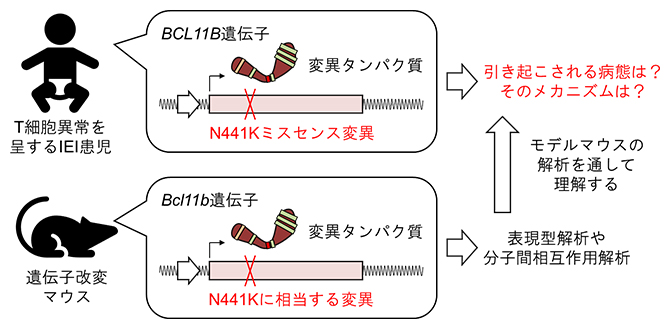2024-11-04 カリフォルニア大学サンタバーバラ校(UCSB)
<関連情報>
- https://news.ucsb.edu/2024/021664/deaf-male-mosquitoes-dont-mate
- https://www.pnas.org/doi/10.1073/pnas.2404324121
TRPVチャネルの欠損による聴覚障害で、ネッタイシマカのオスは交尾行動をしなくなる Deafness due to loss of a TRPV channel eliminates mating behavior in Aedes aegypti males
Yijin Wang, Dhananjay Thakur, Emma Duge, +6, and Craig Montell
Proceedings of the National Academy of Sciences Published:November 4, 2024
DOI:https://doi.org/10.1073/pnas.2404324121

Significance
The modes of communication required for mating in mosquitoes that transmit pathogens causing malaria, dengue, Zika, and other diseases are poorly understood. We addressed this question in Aedes aegypti, which spreads viruses infecting ~400 million people annually. It is established that Aedes males are attracted to the female wingbeat. However, it was not known whether loss of hearing would just compromise or eradicate mating. We created deaf mosquitoes by eliminating the Transient Receptor Potential Va (TRPVa) channel—a protein required for sound-induced activation of auditory neurons. We found that mating was abolished in deaf males, demonstrating that hearing and TRPVa are essential for male mating behavior. This work reveals a mode of communication that is strictly required for male mating success in a mosquito disease vector.
Abstract
Attraction and mating between male and female animals depend on effective communication between conspecifics. However, in mosquitoes, we have only a rudimentary understanding of the sensory cues and receptors critical for the communication that is essential for reproductive behavior. While it is known that male Aedes aegypti use sound to help them identify females, it is not unclear whether sound detection is absolutely required since other cues such as vision may also participate in mating behavior. To determine the effect of eliminating hearing on mating success, we knocked out the Ae. aegypti TRPVa channel, which is a protein expressed in chordotonal neurons in the Johnston’s organ (JO) that respond to sound-induced movements in the antenna. Loss of trpVa eradicated sound-induced responses from the JO, thereby abolishing hearing. Strikingly, mutation of trpVa eliminated mating behavior in males. In contrast, trpVa-null females mated, although this behavior was slightly delayed relative to wild-type females. Males and females produce sounds as they beat their wings at distinct frequencies during flight. Sound mimicking the female wingbeat induced flight, attraction, and copulatory-like behavior in wild-type males without females present, but not in trpVa-null males. Males are known to modulate their wingbeat frequencies before mating in the air, which is a phenomenon referred to as rapid frequency modulation (RFM). We found that RFM was absent in mosquitoes lacking TRPVa. We conclude that the requirement for trpVa and hearing for male reproductive behavior in Aedes is absolute, as mating in the deaf males is eliminated.


